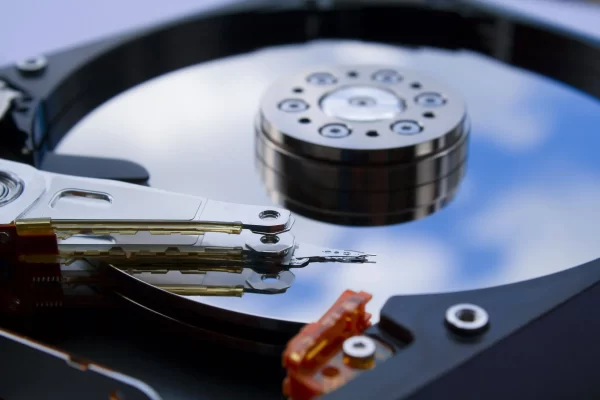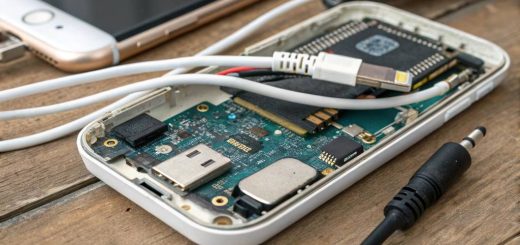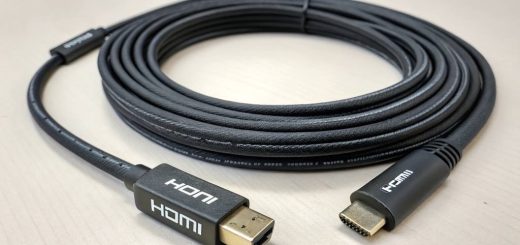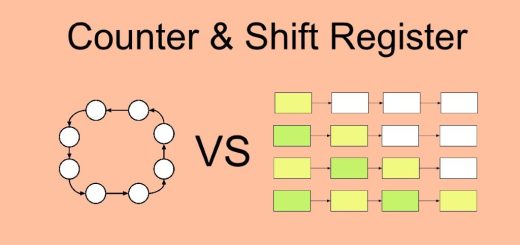What happens when you compress your os drive in disk cleanup?
Compress your Os Drive is a feature that helps you make more space on your drive by compressing files. When you compress a file, it takes up less space. Compressed drives can use less disk space and improve performance of your computer. However, they might not be supported by all programs or devices connected to the drive.
What is compress your os drive in disk cleanup?
Compress your OS drive is a feature that can be used to compress files and folders on your computer. It can be used to free up space on your hard drive, or to make it easier to move files between computers.
What happens when you compress your os drive in disk cleanup?
When you compress your OS drive in Disk Cleanup, the files and folders are copied to a new, compressed folder. The original data is deleted. If you need to access any of the files, you can navigate to them by opening the compressed folder and then opening each individual file or folder within it. However, if you need to recover compressed data after it has been deleted, this process won’t work because there is no original copy of your data anywhere on your machine or network that could be used for recovery purposes.
In disk cleanup what is compress your os drive?
Compress your OS drive is a feature in disk cleanup, it compresses the drive so it takes up less space.
This allows you to save space on the drive. You can do this from the command line or from the disk cleanup app, which saves time and convenience for users who don’t know how to use cmd commands.
How to remove compress your os drive under disk cleanup?
To remove compress your os drive in disk cleanup, you need to do the following steps:
- Click on the drive you want to compress.
- Click on the “Compress” button.
- Click on the “Compress Drive” button.
- Click on the “Compress” button again.
The drive will be compressed and the space used by it will be reduced. You can now use that space for other things.
If you want to uncompress a drive, then you can do so by following these steps: Open the “Disk Management” utility on your computer. Click on the disk drive which you want to expand. Right-click on it and then click on “Properties”.
Benefits of Compressed Drives
There are many benefits of using compressed drives. One of the biggest benefits is that it saves space on your hard drive. If you have lots of data stored on your computer, then compressing the drive will help to free up some space. This can be useful if you have limited space or if you want to back up your files but don’t have enough room for them all on one disk.
Another benefit of using a compressed drive is that it can help to protect your data. If you are worried about losing important information, then compressing the disk drive will prevent someone from accessing your files without permission.
Compressing the drive will also help to protect your data by making it more difficult for hackers to access. If they are trying to break into your computer, then compressing the disk drive will make it harder for them to do so.
Compressing a disk drive is also useful if you want to store your files in a smaller space or back them up on multiple disks.
Compression can be used in many different ways, including keeping backups of important information or sharing files with others over the internet.
Downsides of Compressed Drives
There are several downsides to compressed drives:
- Compressed drives take up more space than uncompressed drives. This is because they must keep track of the original data, which is then accessed by your computer when you access the drive. In other words, you still need to store all that data somewhere, even if it isn’t taking up space on your local disk.
- Compressed drives take longer to open than uncompressed drives. Again, this is because they must first decompress the data before they can be used. Once a file has been opened once and its contents cached in memory (RAM), then subsequent reads from that same file will be much faster—but this isn’t always the case for large files or those accessed frequently throughout their lifespans.
- Compressed drives are slower at reading and writing than uncompressed drives.* Security may be an issue—some applications won’t work with compressed volumes because of security concerns regarding how secure it is.* Some applications won’t work with compressed volumes due to technical limitations; these include older versions of Windows Explorer (Windows 7) and Mac OS X Finder (Mac OS X 10).
Conclusion
When you compress your os drive in disk cleanup, you’ll notice a small percentage drop in the size of your hard drive. This is because the compression algorithm uses some disk space to store information about how to uncompress data that needs to be uncompressed for use.









